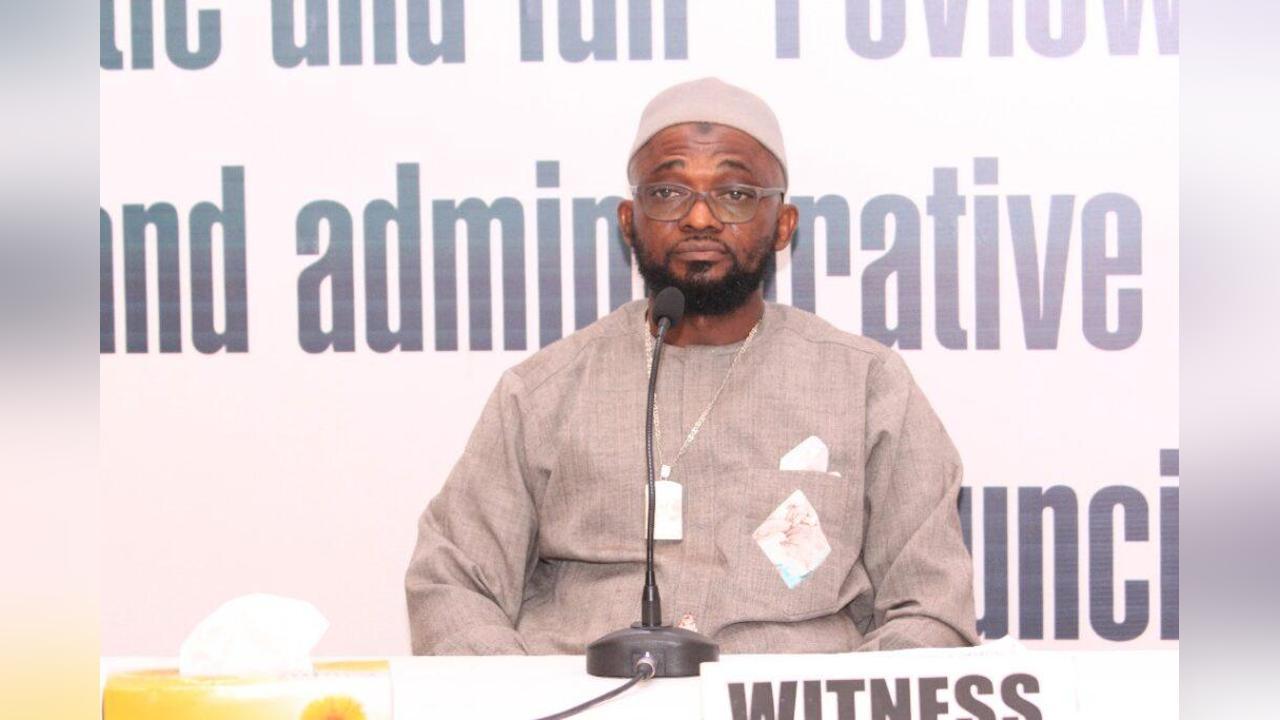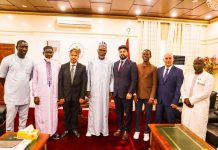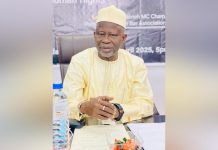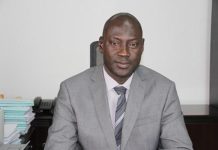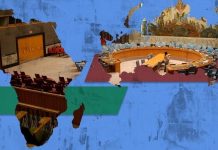Africa-Press – Gambia. The Local Government Commission of Inquiry on Monday, 11 August 2025, questioned Sheriffo Sonko, former Chairman of the Brikama Area Council (BAC), and his former Chief Executive Officer, Modou Jonga, regarding allegations of revenue suppression involving council collector Alieu Sanneh, amounting to D164,000.
According to testimony before the commission, BAC’s internal auditor alleged that Sanneh was not disciplined in accordance with proper procedures because he was allegedly related to Sonko.
Sonko, however, denied any familial connection to Sanneh, stating that he first met him after Sanneh began working at the council.
The former chairman explained that it was Jonga who initially informed him about the alleged revenue suppression and indicated that he had tasked the council’s audit unit to investigate. “He told me he sent the audit unit there to do the investigation,” Sonko testified.
Sonko stated that he was unaware whether the audit’s findings substantiated the allegations, but confirmed that the matter was eventually referred to the service commission.
When confronted with claims that Sanneh was spared proper disciplinary action because of his alleged relationship with him, Sonko maintained that he had no authority to interfere with the committee’s work.
“And there is no way I am related to Alieu, and I never knew Alieu until I met him at the council,” he said.
He explained that following the Establishment Committee’s recommendation, the report endorsed proceeding to the General Council. However, he could not recall whether the report was ever presented before the council.
At this point, former CEO Modou Jonga clarified that he was unaware of any personal relationship between former Chairman Sheriffo Sonko and revenue collector Alieu Sanneh, noting that their interactions were strictly official.
Addressing the issue of revenue suppression, Jonga said he received verbal information about suspected revenue fraud in Foni. He reported sharing this information with the chairman, the finance director, and the internal auditor, who subsequently conducted an investigation on the matter.
Following the audit investigation, Jonga said the report was shared with the accused revenue collector, Alieu Sanneh, for his response.
“Alieu, in turn, denied part of the report of revenue suppression, and he claims some of the amounts that are allegedly suppressed in the receipt are overstated,” Jonga testified.
He stated that the report was forwarded to the Permanent Secretary for disciplinary action; however, no decision was received from the Local Service Commission.
He was instructed to provide the correspondence sent to the Permanent Secretary for the Commission’s review.
Jonga confirmed that the matter was not presented to the General Council, explaining that, at the time, Chief Executive Officers were delegated to oversee staff from grade 5.1 and below, while Alieu Sanneh’s position was above that grade.
For this reason, he said, the appropriate procedure was to forward the Establishment and Appointment Committee’s recommendation to the Local Service Commission.
He later conceded that the report should have been submitted to the General Council, since the committees are accountable to the Council.
The Commission also obtained evidence that Sanneh was officially suspended for three months without pay, yet continued to receive his salary during the suspension period.
Responding to further questions, Jonga stated, “No, that is not correct. He was not receiving his salary, and we asked him to produce all his working tools.”
Counsel Gomez read aloud Sanneh’s earlier statement to the commission, in which Sanneh claimed he had been suspended for three months without pay, yet his salary was never actually stopped.
In response, Jonga disputed the accuracy of that account. He later told the commission he could not confirm the matter at that moment and requested additional time to verify it.
For More News And Analysis About Gambia Follow Africa-Press

